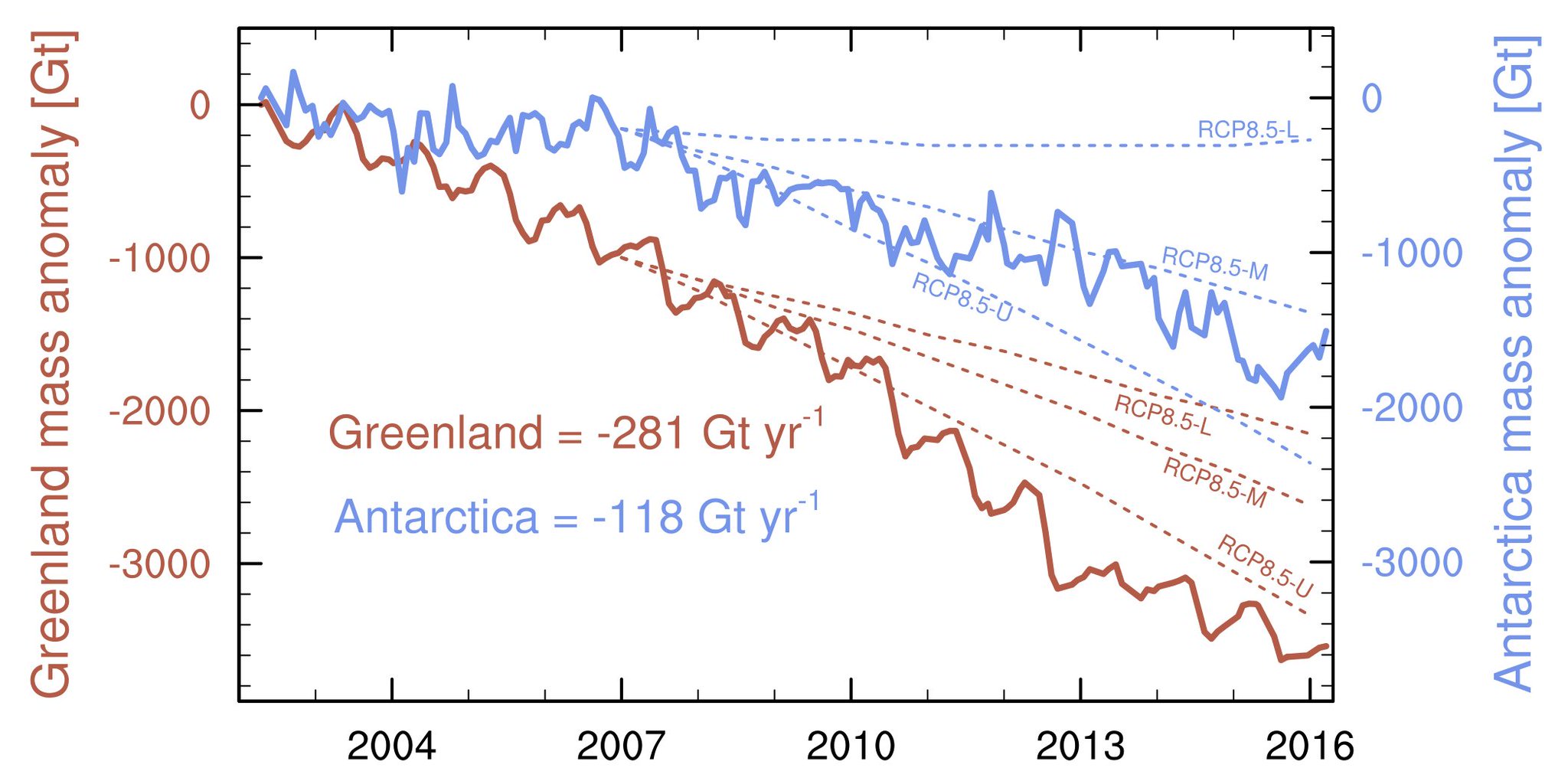For starters the observation that CO2 acts a greenhouse gas. Arrhenius 1896
The observation that CO2 has risen to over 415 ppm as previously cited.
Excellent. Two verifiable observations that we can agree on. However, what do they mean? Why are they relevant to your post? I don't believe that anyone has suggested that those things are not true.
The observation that denialists will refer to anyone that contradicts them as socialists
Oh, dear. I don't think you're going to really be able to substantiate this one. And, top marks for hand-waving generalisation and labelling. Tell me, do I count as a "denialist"? And, if so, have I referred to anyone as a socialist?
The observation that referring to Guardian articles brings claims of propaganda.
Well yes - especially if it's the sole source of information (the point that @jasonbarron was making). Do you have any reason to contest that claim?
The definition of propaganda is: "information, ideas, opinions, or images, often only giving one part of an argument, that are broadcast, published, or in some other way spread with the intention of influencing people's opinions ". Click on the link I gave referring to the new editorial guidelines from the Guardian and then read the critique of the RCP8.5 "Business as Usual" I gave recently in this very thread. Tell me why that label shouldn't stick.
Absolutely anyone with an interest in the topic should read more than the Guardian and the BBC. Certainly they should check what they're saying about the research/opinion piece is actually what it says - as it's frequently not, or there are huge caveats attached which aren't discussed or acknowledged in the media article.
The claims that opinions and anecdotes somehow outweigh verifiable observations and constitute alternative facts and evidence, despite this being a contradiction in terms being the logical fallacy of false equivalence.
And you fail to substantiate your argument again. I don't even know what you're arguing against or for. What observations are being disputed? What is being put forward as opinion and anecdotal evidence versus these observations?
You've not mentioned the peer reviewed science, journal or conclusion which contradicts whatever you're arguing against. You brought this up, substantiate it please.
Am I correct in surmising that you're actually engaging in a poorly designed logical fallacy of an appeal to authority? The words "peer reviewed" and "relevant qualifications" tend to be a give-away for that sort of behavior - as neither of those things are actually relevant to discussing or even disagreeing with a point in science.
If you feel that they are, I really must ask you to demonstrate your scientific credentials and published literature before continuing to weigh in.





